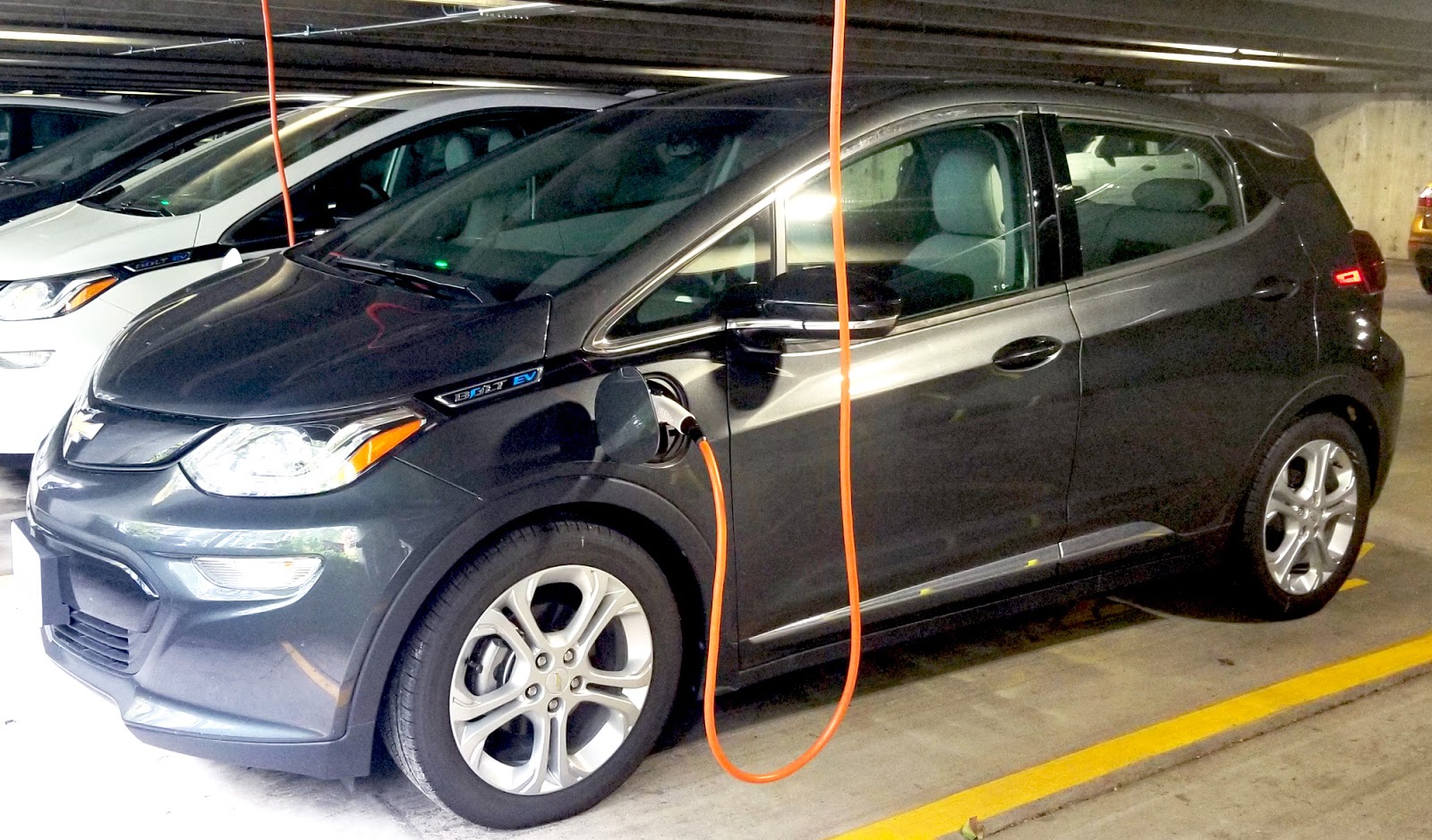Cars and trucks are the largest source of greenhouse gas emissions in Washington. The Washington Department of Ecology is adopting new requirements that will soon take a bite out of that pollution by putting more zero-emission vehicles on the road.
The Zero Emission Vehicle Standard, which the Legislature approved in 2020, will require that a percentage of the vehicles automakers sell in Washington state use battery electric or hydrogen fuel cells for power, meaning the vehicles will emit no greenhouse gases or other types of tailpipe pollution.
“Transportation is far and away the largest source of carbon pollution in Washington,” said Laura Watson, Ecology’s director. “Getting more zero-emission cars and trucks on our roads will mean cleaner, healthier air for everyone, and help our state meet its greenhouse gas emission limits.”
Under a 2020 law, Washington state is required to reduce our overall greenhouse gas emissions 45% by 2030, 70% by 2040, and 95% by 2050. Since nearly 45% of our state’s annual greenhouse gas emissions come from transportation, cleaner cars and trucks are essential to meeting these limits. The Zero Emission Vehicle standard will reduce total greenhouse gas emissions in Washington by the equivalent of 1 million metric tons of carbon dioxide a year.
Manufacturers that don’t offer or sell enough zero-emission vehicles to meet the standard can buy or trade for credits from another automaker. The standards apply only to manufacturers – people buying a car or truck can continue to purchase whatever type of vehicle they prefer.
Along with the zero-emission standards for passenger vehicles, Ecology will also adopt related standards for medium- and heavy-duty vehicles such as delivery vans, semi-trucks and similar vehicles. When the regulations are adopted, Washington will join 10 other states that have their own zero-emission standards. Another four states are also working to adopt the standards.
Ecology plans to complete the rulemaking by the end of 2021, but due to federal Clean Air Act requirements, the new standards would take effect beginning in 2024.


